In less than a minute, you can easily test the freshness of your baking powder and baking soda!
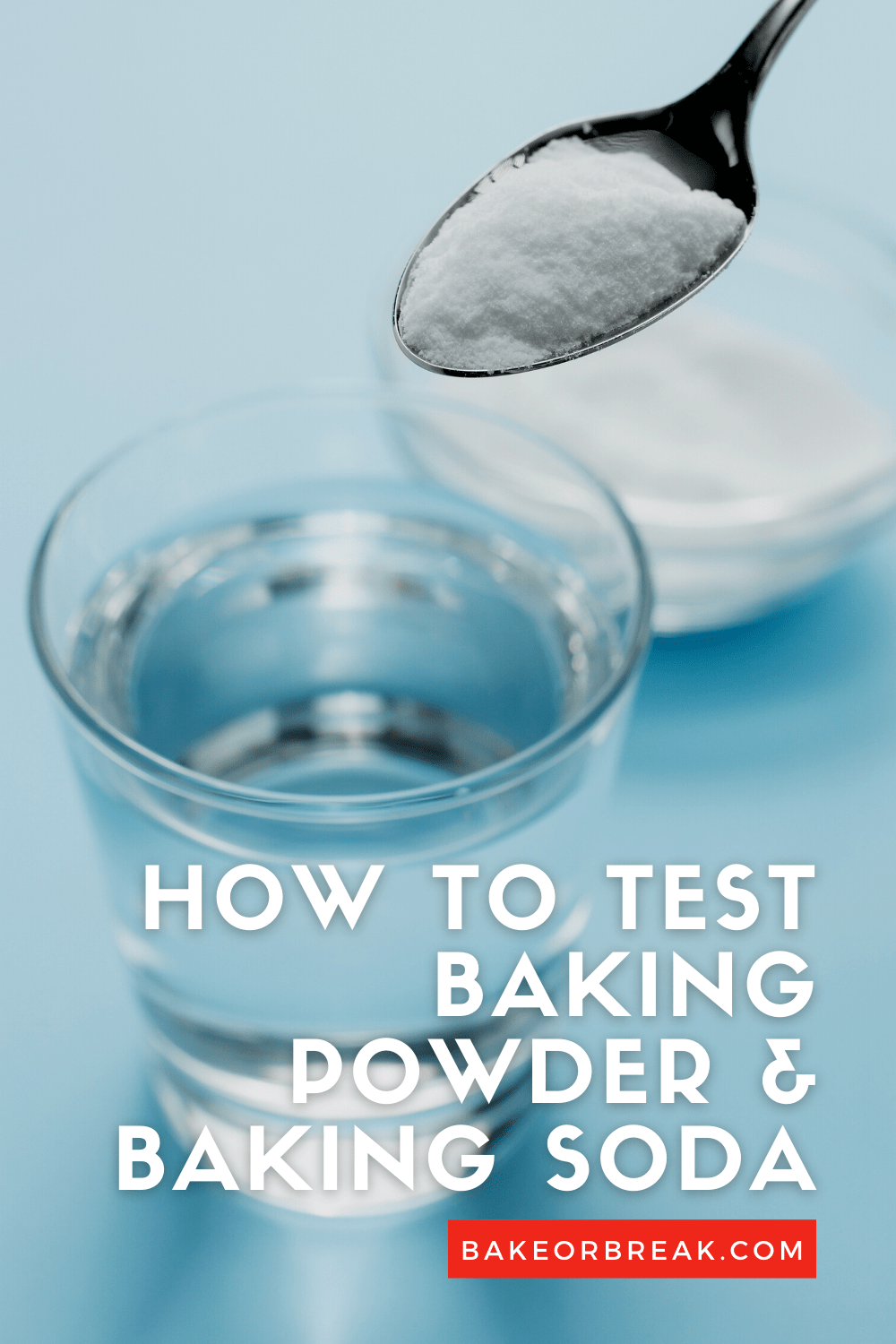
Photo ©gojak via Canva.com
Baking powder and baking soda are often present in baking recipes in small quantities, but that little bit goes a long way toward making your baked goods have just the texture and crumb that you want. When they lose their potency, your baked goods won’t rise as they should, resulting in flat, dense cakes, cookies, and more.
Like all ingredients, keep a check on expiration dates. But also know that they don’t always tell the tale. Baking powder and baking soda can still be ineffective before that expiration date, especially if they’ve been on your shelf for 6 months or more.
I’ve also had relatively new baking powder and baking soda just not work, so it’s good to check occasionally to make sure an ineffective ingredient doesn’t affect your baking.
Luckily, checking the freshness of baking powder and baking soda is very easy to do! If it’s been a while since you baked, it’s a good idea to check it. Or maybe your recent baking projects aren’t quite what you expected. Do a quick test of your baking powder and/or baking soda to see if that’s the problem.
How to Test Baking Powder for Freshness
Place about 1/2 teaspoon of baking powder in a small bowl or measuring cup. Add 1/4 cup hot water. It may take a few seconds, but you should see fizzing with small bubbles.
If you don’t see any fizzing or only a few little bubbles, then it’s time to replace your baking powder.
This reaction won’t work as reliably with cold water, so be sure the water is hot from the tap.
How to Test Baking Soda for Freshness
Place about 1/2 teaspoon of baking soda in a small bowl. Add 3 tablespoons of plain vinegar. You should see pretty vigorous bubbling.
If there are only a few bubbles or no bubbles at all, then it’s time to replace your baking soda.
When to Test Baking Powder and Baking Soda
Keep in mind that baking powder and baking soda don’t lose their potency overnight. They can become less effective over time but still have a small reaction. As soon as they’re exposed to air the first time they’re opened, the timer starts.
As a general rule, I recommend testing your baking powder and baking soda if it’s been more than a couple of months since you used it or if it’s been opened longer than six months. Make a note of the date they’re opened either on the container or somewhere you can access easily.
How to Keep Baking Powder and Baking Soda Fresh
There are a few simple things you can do to keep your baking powder and baking soda fresh for as long as possible:
Store baking powder and baking soda in airtight containers.
Most baking powder containers are already airtight, but you can always transfer to another container to ensure that it’s sealed well. Baking soda is often sold in a cardboard box, and it should be transferred to another container that seals well.
If you have an empty spice jar, that will work as long as it seals well and is clean and completely dry. There are several products sold as baking soda containers, and those are certainly fine, too. Resealable bags can work if you remove as much air as possible when storing them.
Whatever storage container you use, be sure to replace the lid promptly after measuring.
Store baking powder and baking soda in a cool, dry place.
Keeping them somewhere that the temperature doesn’t fluctuate is ideal. If you’re keeping your baking powder and baking soda near a source of heat, like your microwave, oven, or even your coffee maker, move it to a better location.
You also want to avoid exposing baking powder and baking soda to moisture as much as possible. The airtight containers mentioned above will help, but you also want to think about where they’re stored. Don’t keep them too close to your dishwasher or oven, as the steam and moist heat from them can be problematic.
Don’t store baking powder and baking soda in the refrigerator or freezer.
Storing baking powder and baking soda in the refrigerator or freezer means potentially exposing them to moisture, which can cause them to react and lose their potency.
Some of you may keep an open box of baking soda in the refrigerator to absorb odors. Just be sure not to use that same baking soda for baking.
Use dry measuring spoons.
Again, introducing moisture to baking powder and baking soda is a bad idea. Even if you’ve taken steps to store them well, using a damp measuring spoon to measure them will defeat your best intentions. Make sure your measuring spoons are clean and completely dry.
It’s often said that baking is a science, and that is very true. Baking powder and baking soda may seem like small, inconsequential ingredients, but the chemical reactions they create are so important! Making sure your baking powder and baking soda are potent, fresh, and well-stored will go a long way in helping make your baked goods the best they can be!


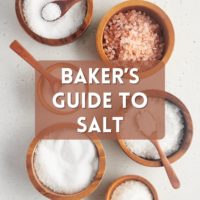
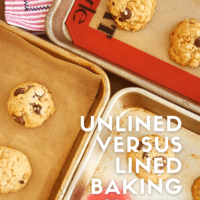
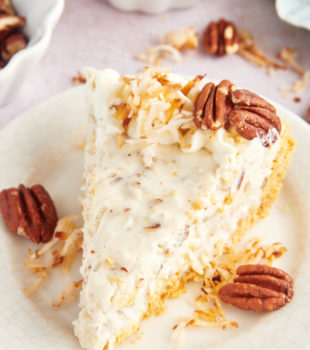
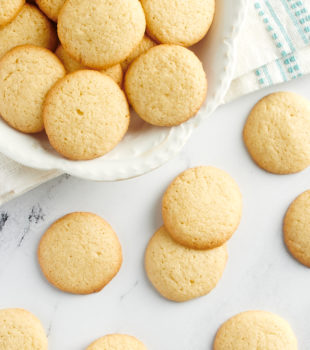
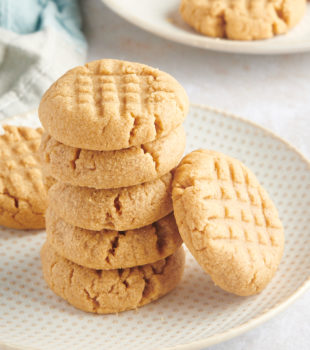
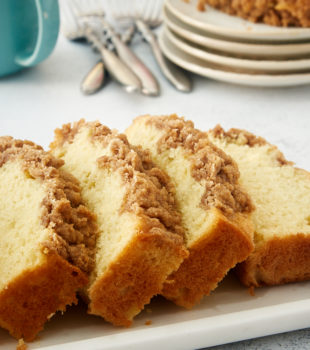
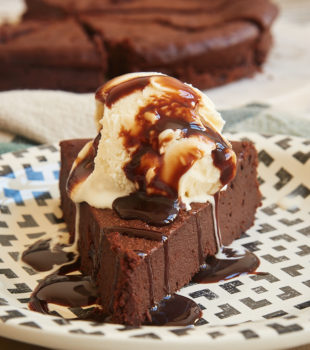
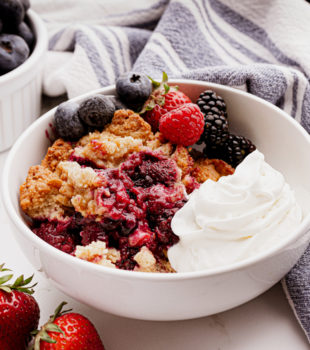
2 Comments on “How to Test Baking Powder and Baking Soda for Freshness”
Genius! Thanks!
I have had my baking powder for quite a while, at least a year, opened, and already expired and I was shocked that it fizzed very well!